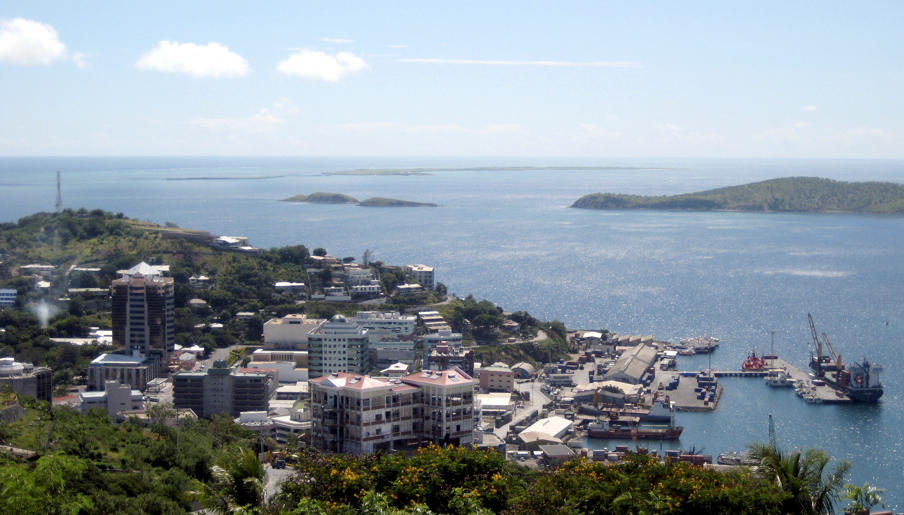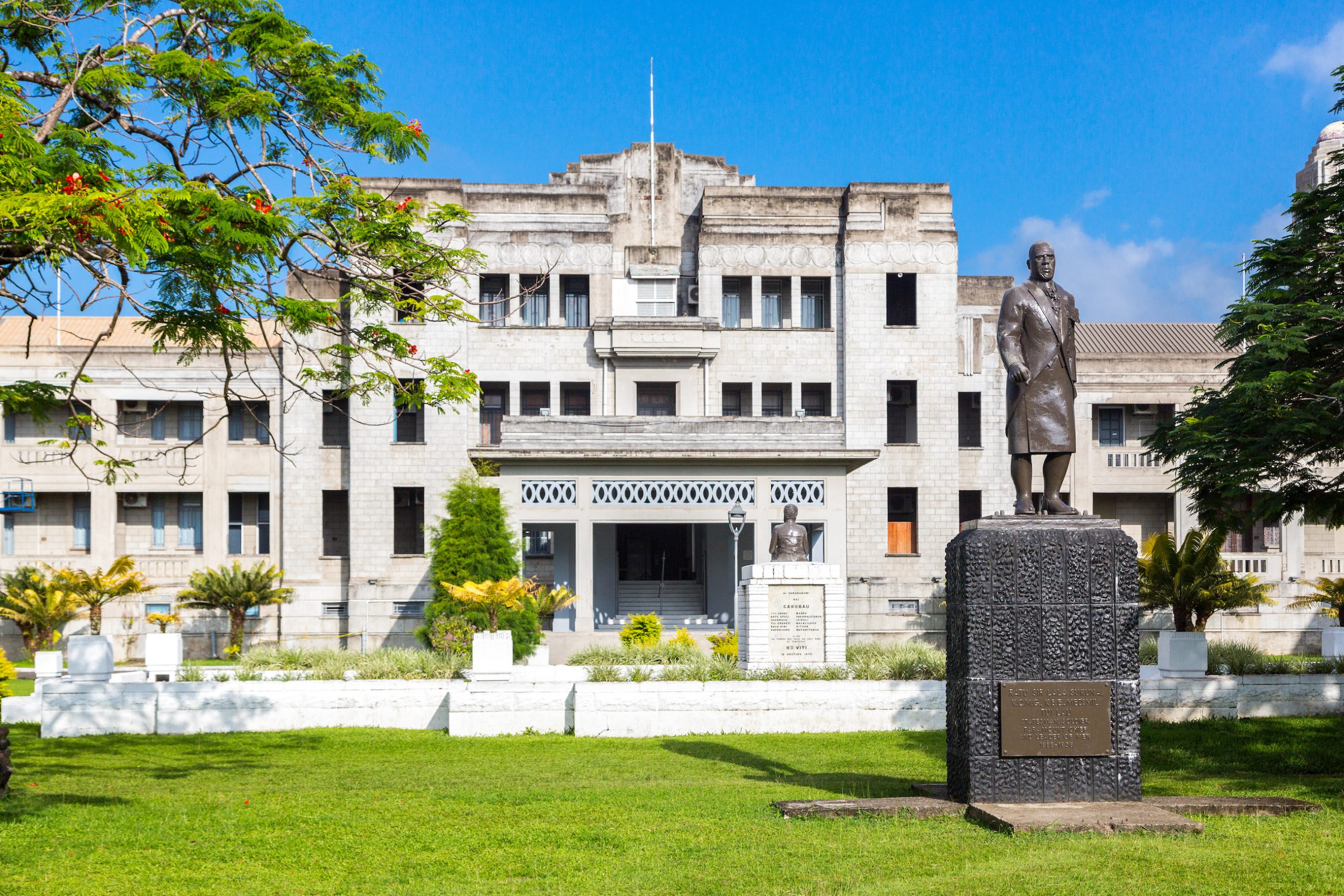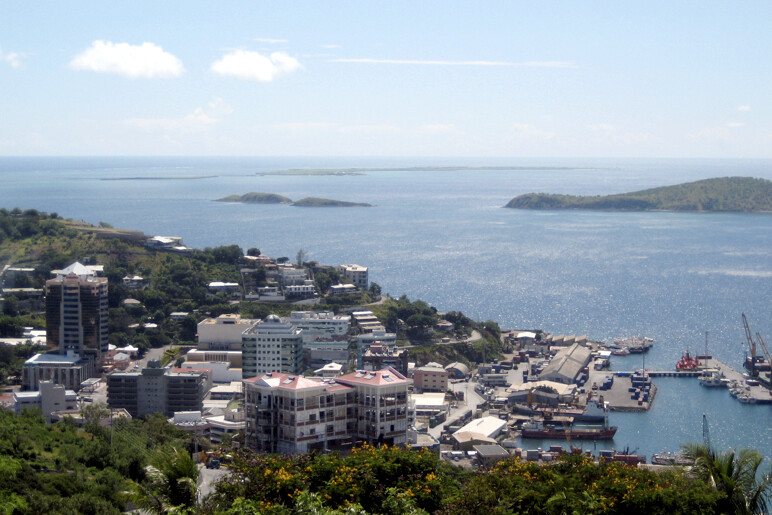New wave of criticism for proposed Papua New Guinea media law
16th February 2024
Critics of a proposed media law say it would give the Papua New Guinea government the ability to filter news stories it doesn’t like.

Concern is growing again over a proposed media law in Papua New Guinea, which critics say would give the government unfettered power over free speech, including the ability to filter news stories it doesn’t like.
The bill, which was first introduced in February 2023, proposes improving journalistic standards, which have been acknowledged as “ailing” within the industry. But alarm has grown about the finer details, including sections that give the government the “power to investigate complaints against media outlets, issue guidelines for ethical reporting, and enforce sanctions or penalties for violations of professional standards.”
The government only gave two weeks for submissions, which was eventually extended to three.
For the past year, various organisations from the PNG Media Council to the United Nations have expressed concern, with one media freedom advocate describing it as “the thin edge of the web of state control.”
The corruption watchdog Transparency International PNG said, “licencing through a government-enforced process will be a threat to media professionals as they gather and disseminate news against government interests.”
Parallels have been drawn with another Pacific country, Fiji, whose former government introduced draconian media development laws in the wake of the 2006 coup and subsequent abrogation of the constitution (these laws have since been repealed).
“If you look at the Fiji situation, the Media Act was implemented in the name of democratising the media, ironically, and also improving professional standards,” Shailendra Singh, a journalism professor at the University of the South Pacific, told RNZ. “The situation in PNG is a bit worrying if you see what happened in Fiji, even though the PNG information department has denied any ulterior motives.”
The bill is yet to reach Cabinet, and is still working its way through the country’s parliament. But criticism was renewed again last week when the former prime minister, Peter O’Neill, said he was “saddened and alarmed” by the proposed laws, which he called “deeply concerning.”
Subscribe toour newsletter
Keep updated with the latest public
media news from around the world
A challenging environment
O’Neill, who was a constant critic of the media until he resigned as prime minister in 2019 while dogged by corruption scandals and criminal charges, said the proposed bill “needed to be vehemently opposed every way possible.”
The communications minister, former journalist Timothy Masiu, responded to O’Neill by saying the policy would emphasise media quality, accessibility and responsibility, ensuring information is based on facts.
Since his re-election in August 2022, the prime minister, James Marape and several of his ministers have become increasingly critical of PNG’s mainstream media, often describing articles as “misleading” or “fake news.” He once floated the idea of holding journalists accountable for painting a negative image of the country or questioning his government’s capability to lead.
The bill is just one part of a suite of measures that have concerned media experts in the Pacific. In November, the chair of the PNG parliamentary committee on communications, Marsh Narewac, also announced an inquiry into the conduct of the media industry. The Marape government has also issued regular press releases cautioning journalists about “accurate reporting.” In late 2022, Marape announced that all foreign journalists entering the country would be screened.
In an op-ed for the Guardian in February last year veteran PNG journalist Bethanie Harriman said: “under this proposed policy, media outlets and reporters will be required to apply for accreditation or a licence to do their jobs.
“Theoretically, if the government doesn’t like what a journalist reports, they can revoke their licence.”
The media in PNG is generally considered relatively free, though severely underdeveloped, and it has proven resilient in the face of many challenges, with journalists often facing targeted pressure from within government or corporate circles.
In 2004, the National Broadcasting Corporation’s head of news was suspended for a series of stories on the military and government. In 2019, the head of news of private broadcaster EMTV was sacked for disobeying orders not to run a story on a military protest outside the prime minister’s office, though he was later reinstated following public pressure and a strike by EMTV staff.
Related Posts
28th February 2023
Expert warns PNG against changes to media law
A Pacific journalism expert has warned…
19th July 2016
What does Pacific media need to grow? Journalists respond
Media professionals keep on discussing…

